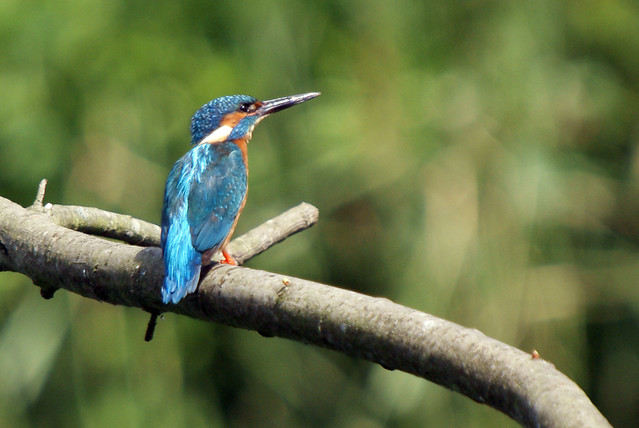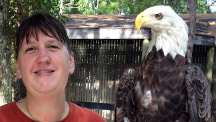Meadow Birds Declining In Holland
The number of meadow birds in the Netherlands continues to decrease. Birds like Godwits and Lapwings are found less and less in the wet areas of Holland. Swans and geese, on the other hand, are doing very well.
The figures were published last week by Wetlands International. According to the foundation, the situation in the Netherlands is worrisome, but not as grave as in other parts of the world. The decline of meadow birds is occurring in more places, but a definitive cause is not known. Without knowing the cause of the decline, the group has difficulty proposing solutions.
It is possible that an increased use of pesticides has decimated the insect population enough to affect the bird population. Geese and swans live on grass and other vegetation, which thrives when pesticides are used.
Globally the numbers of water fowl are not as promising. The global waterfowl population has decreased 44% in the last five years. The situation is especially grim in Asia, where the number of protected areas is declining. Fowl numbers there have decreased by two-thirds.
Sources:
Weidevogels lijden, zwanen en ganzen profiteren
World’s waterbirds in decline, study warns




